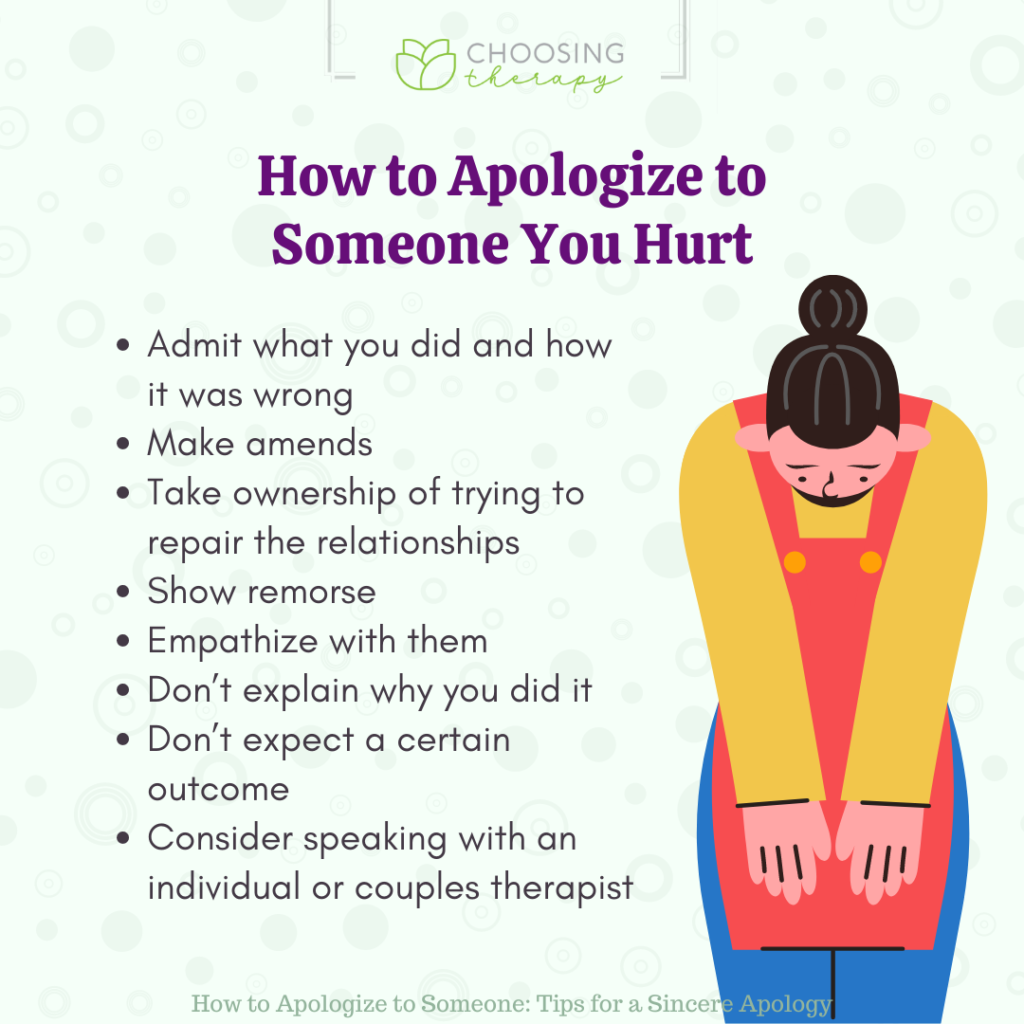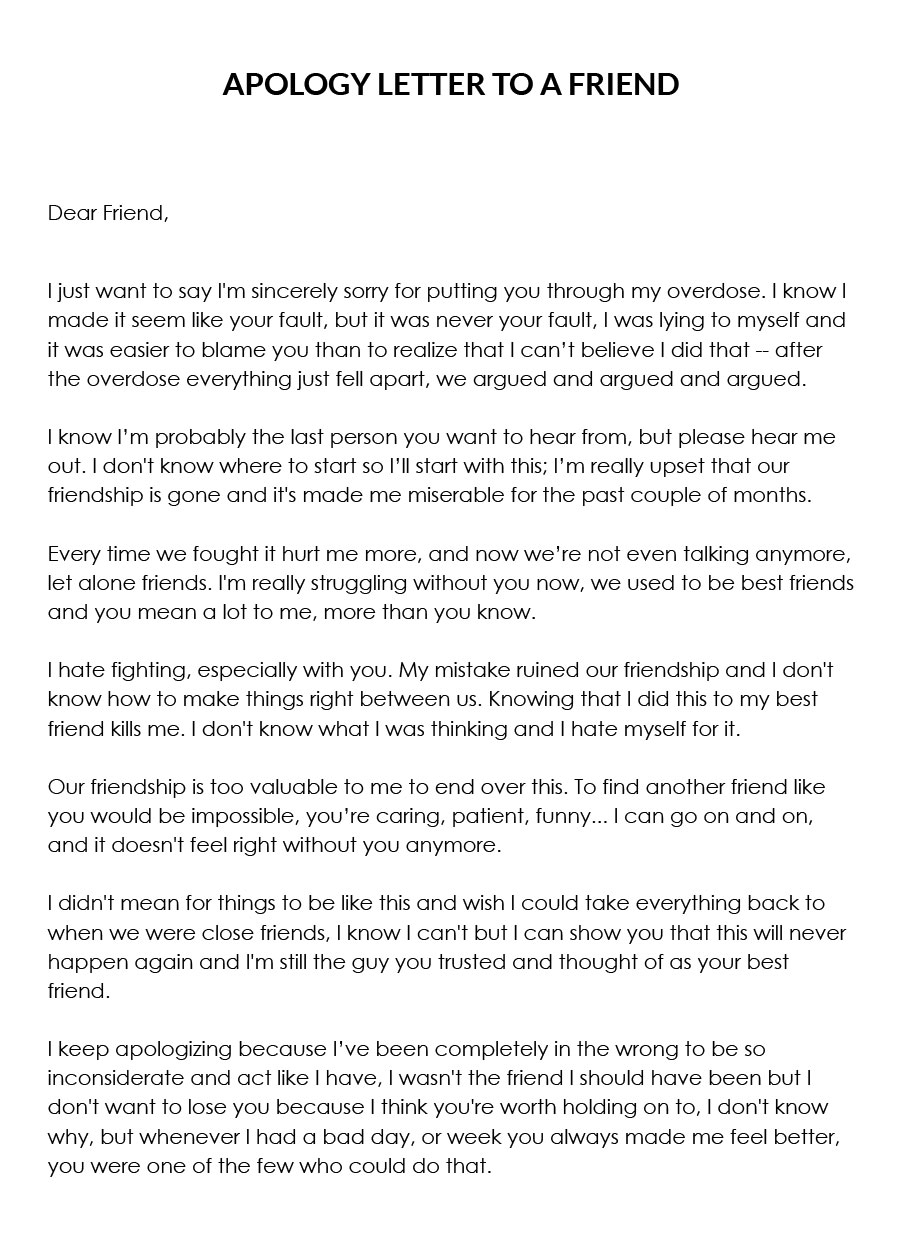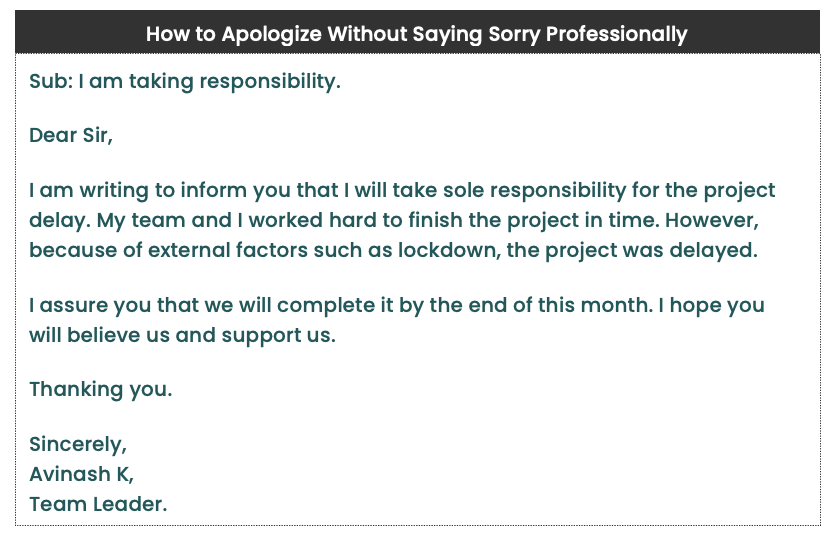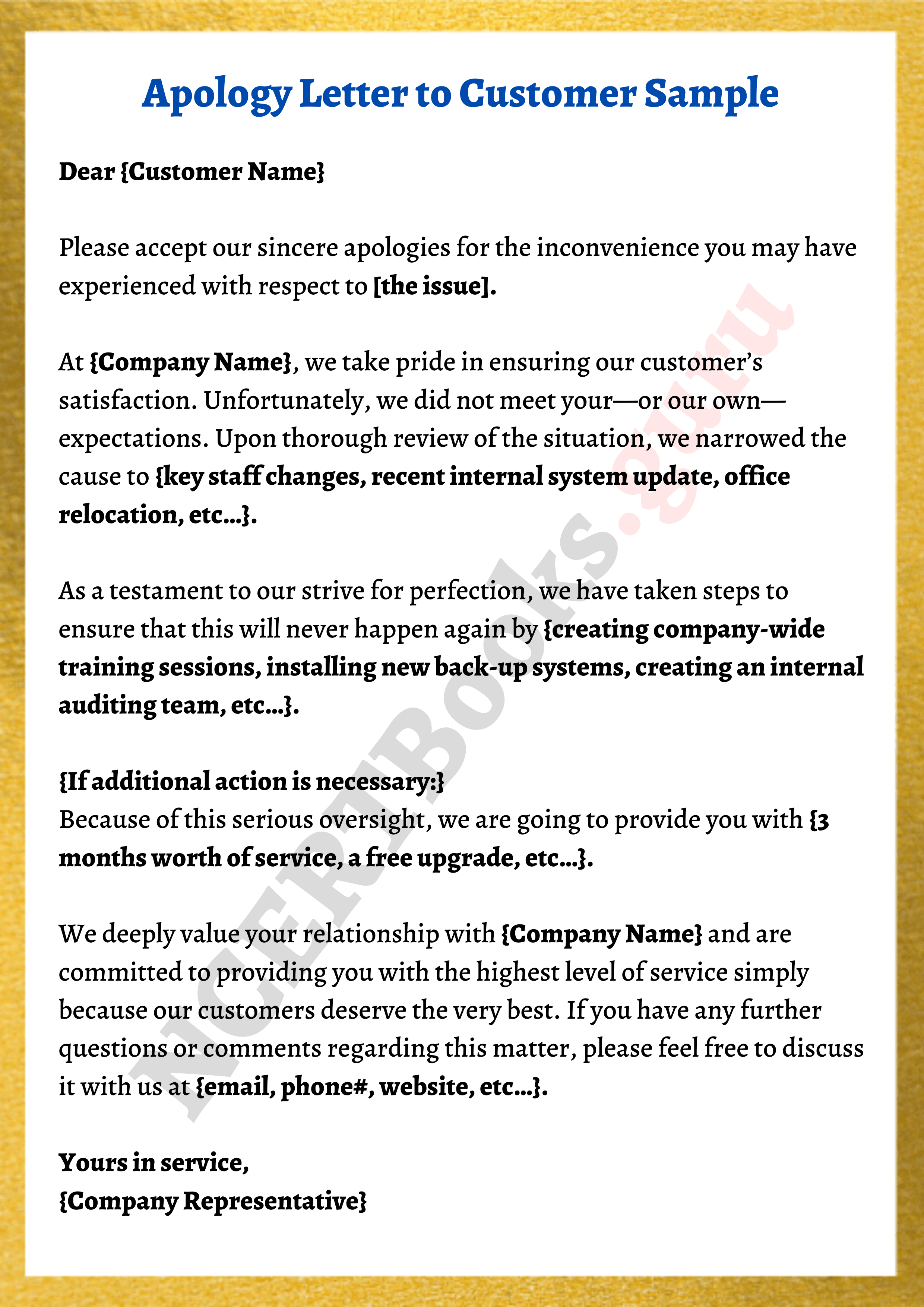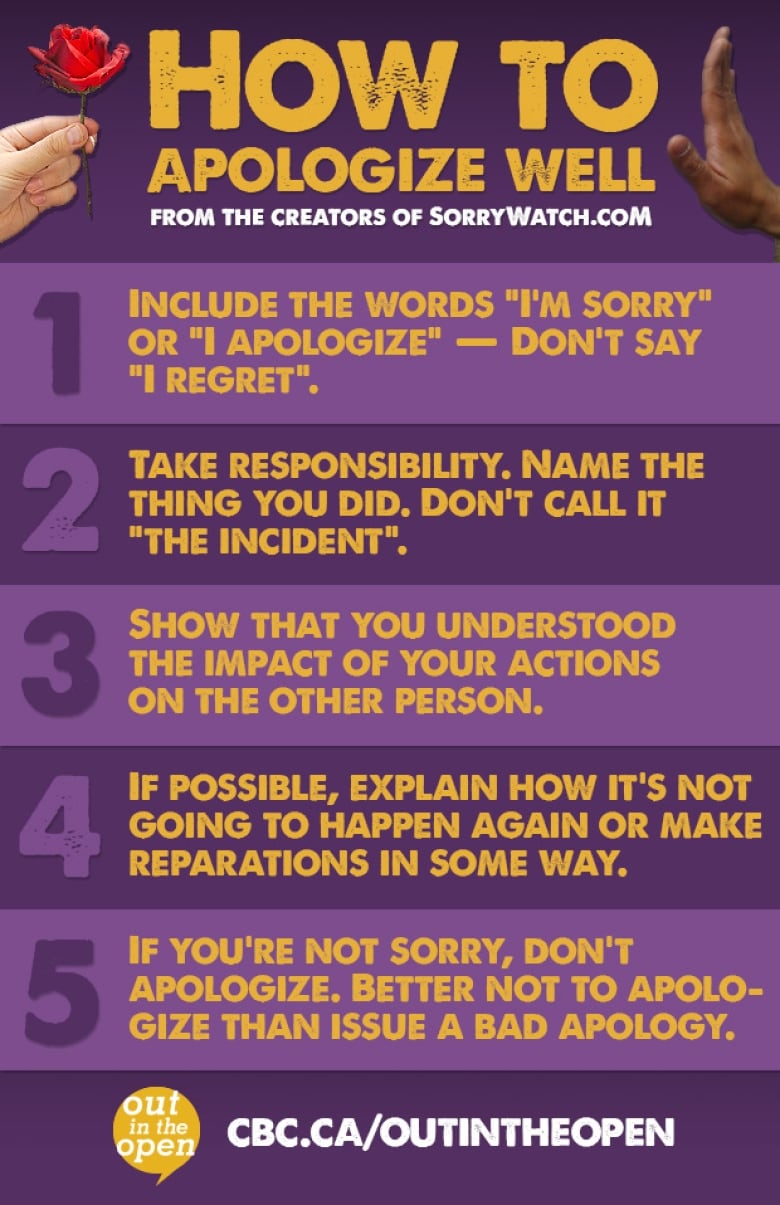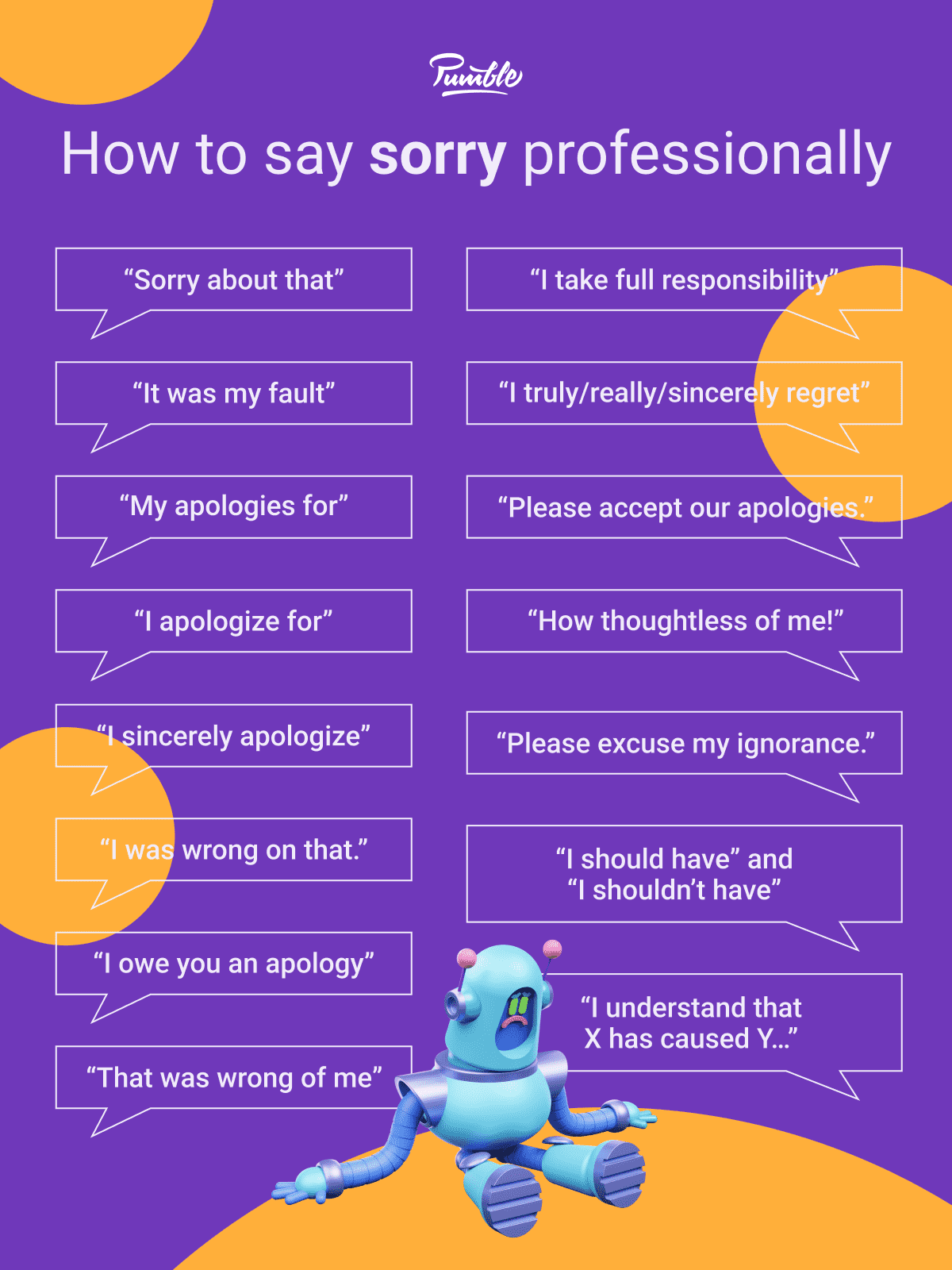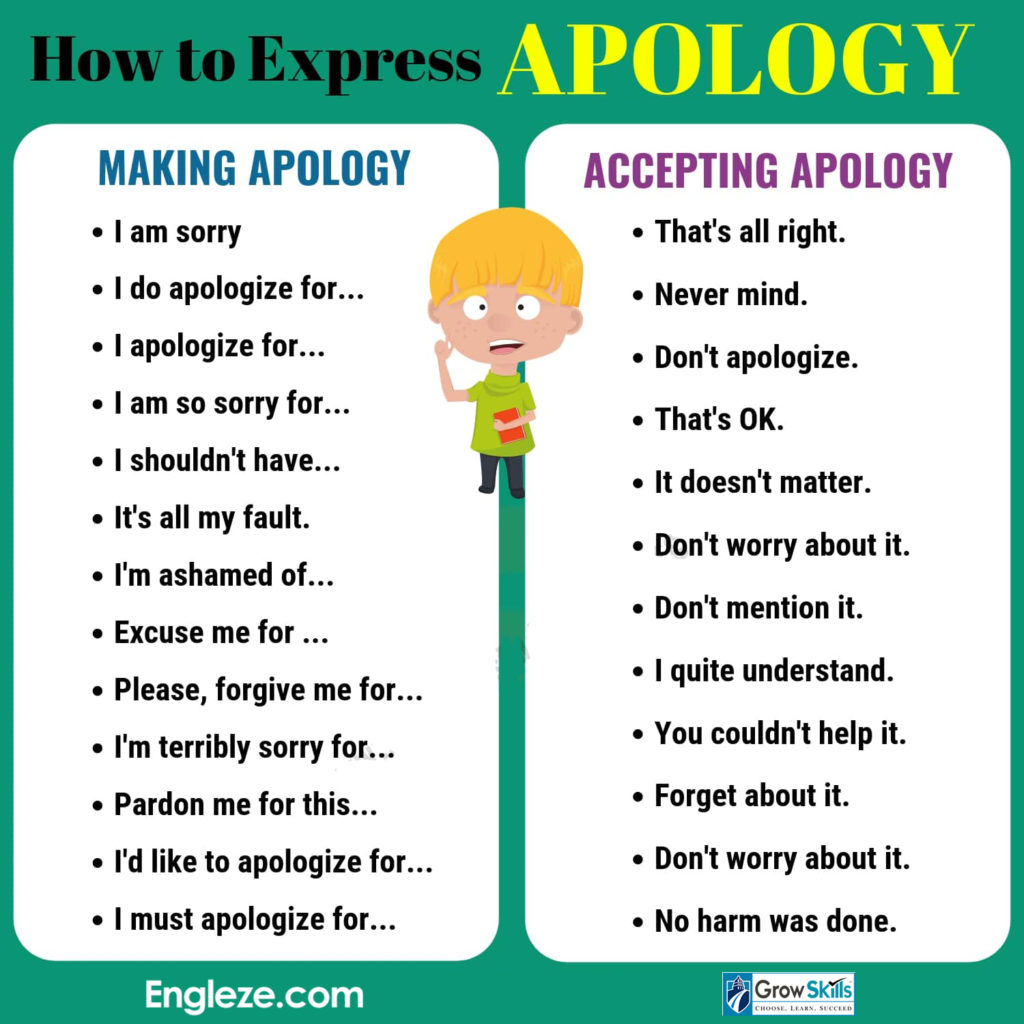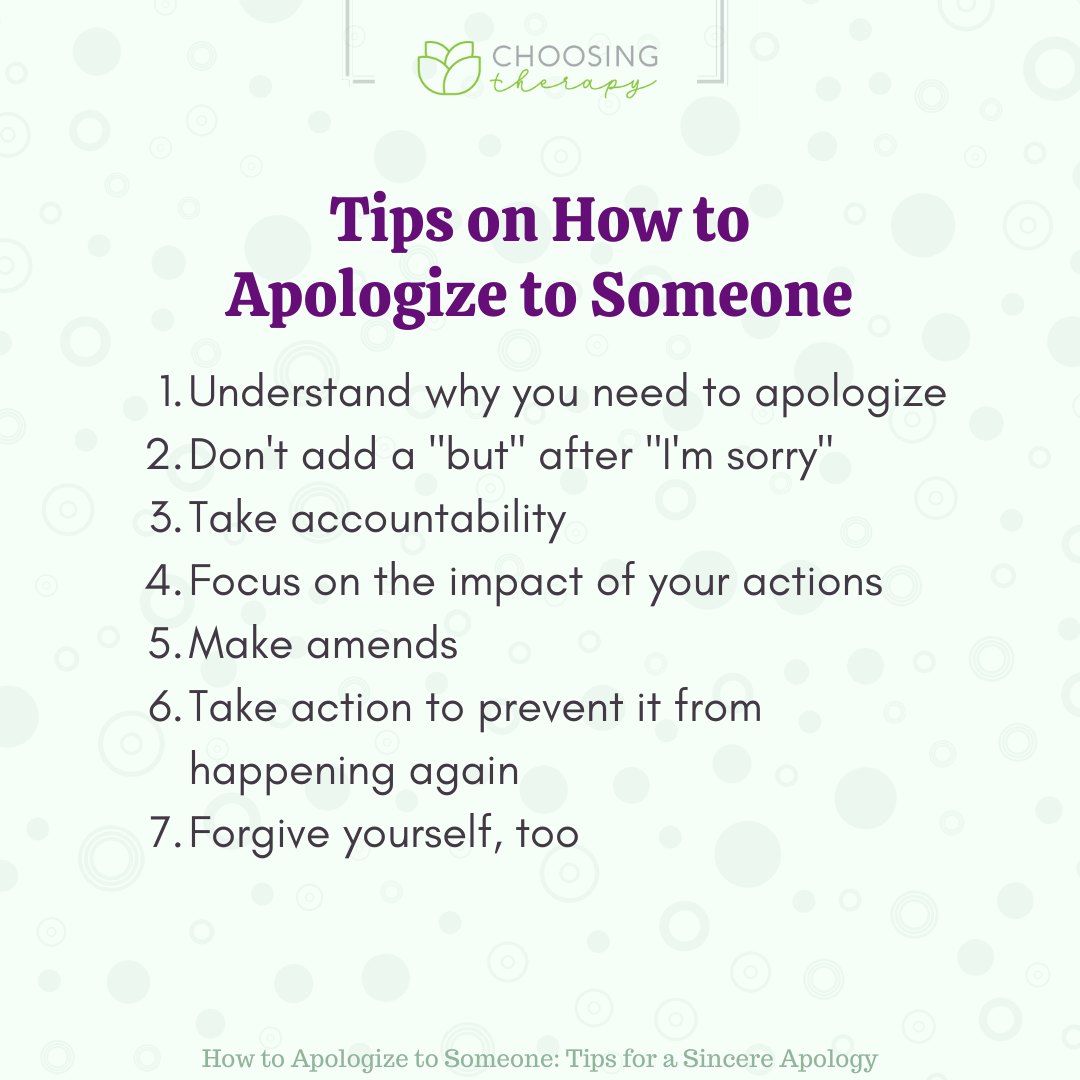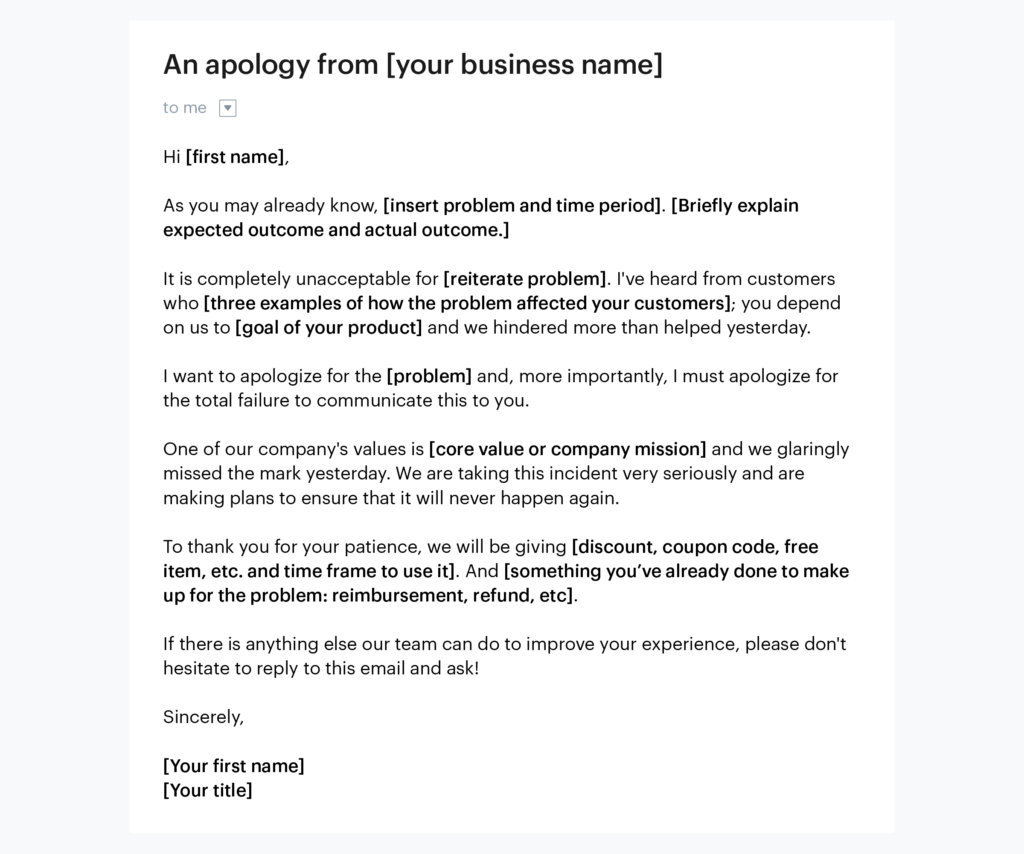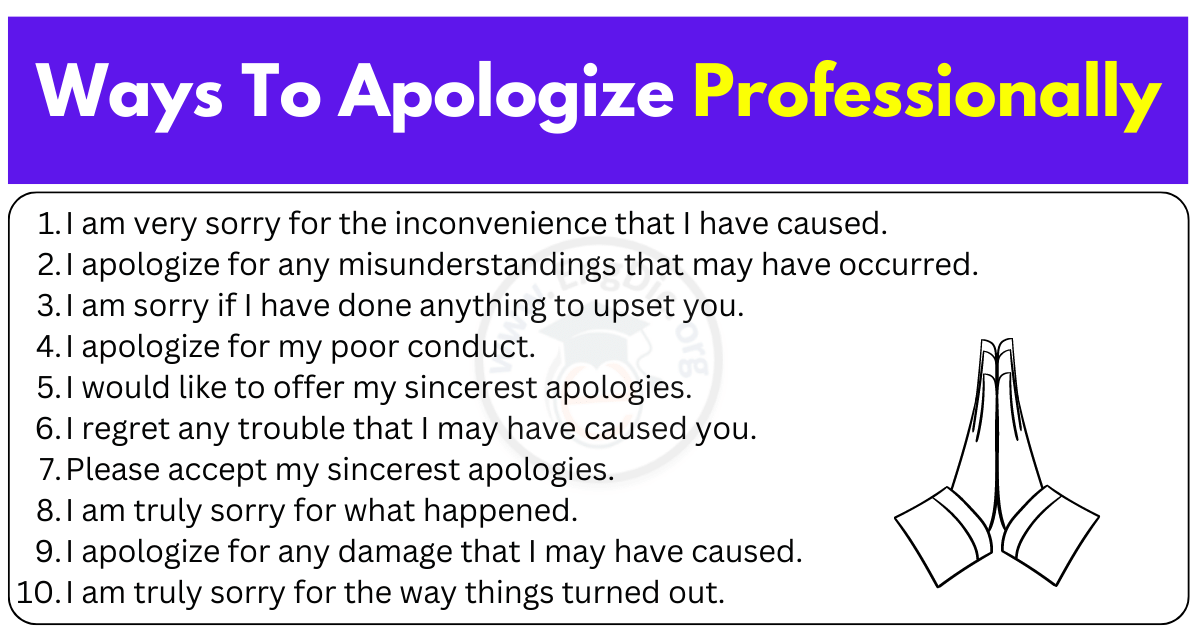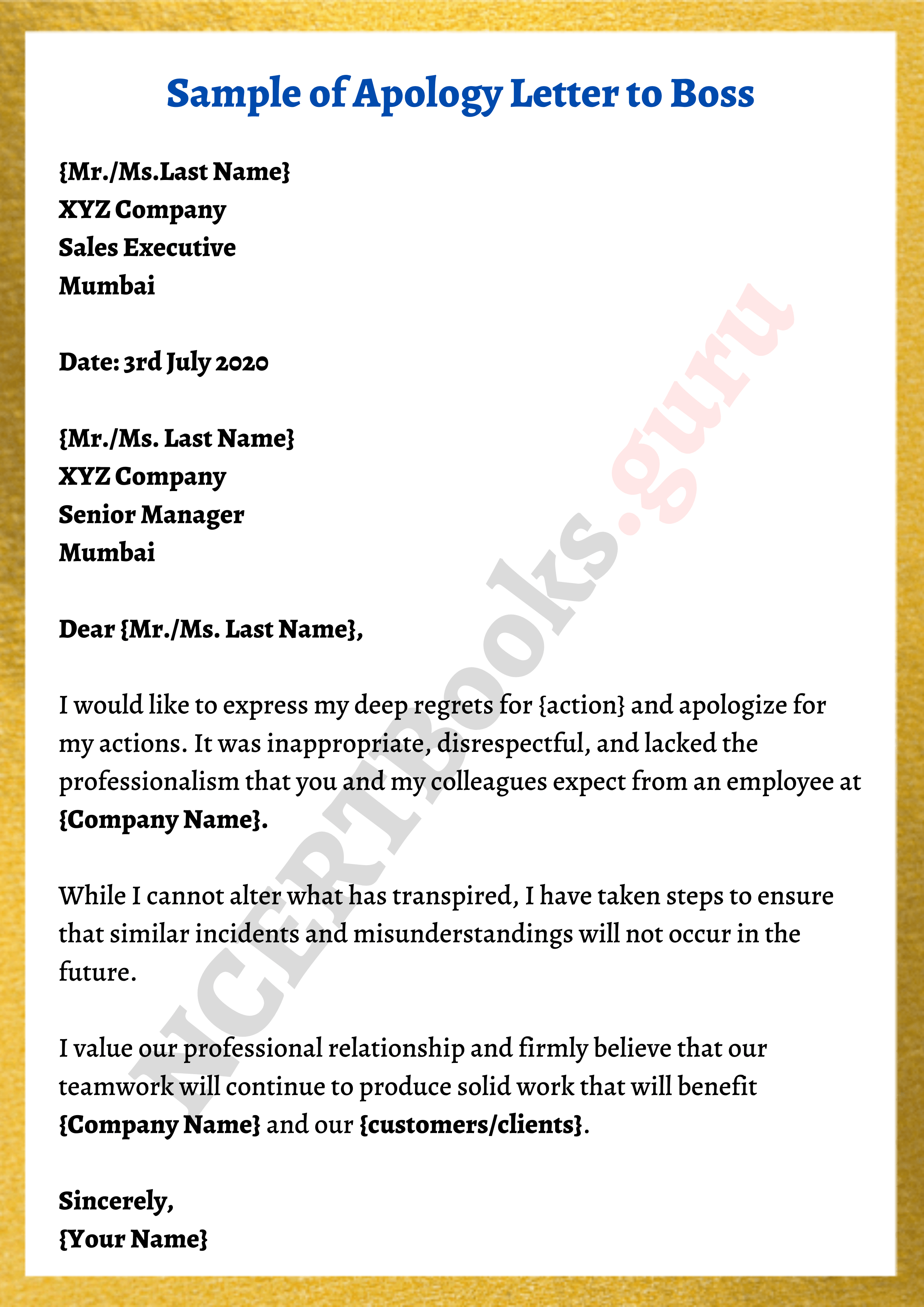How To Apologize When You Are Not Wrong Examples
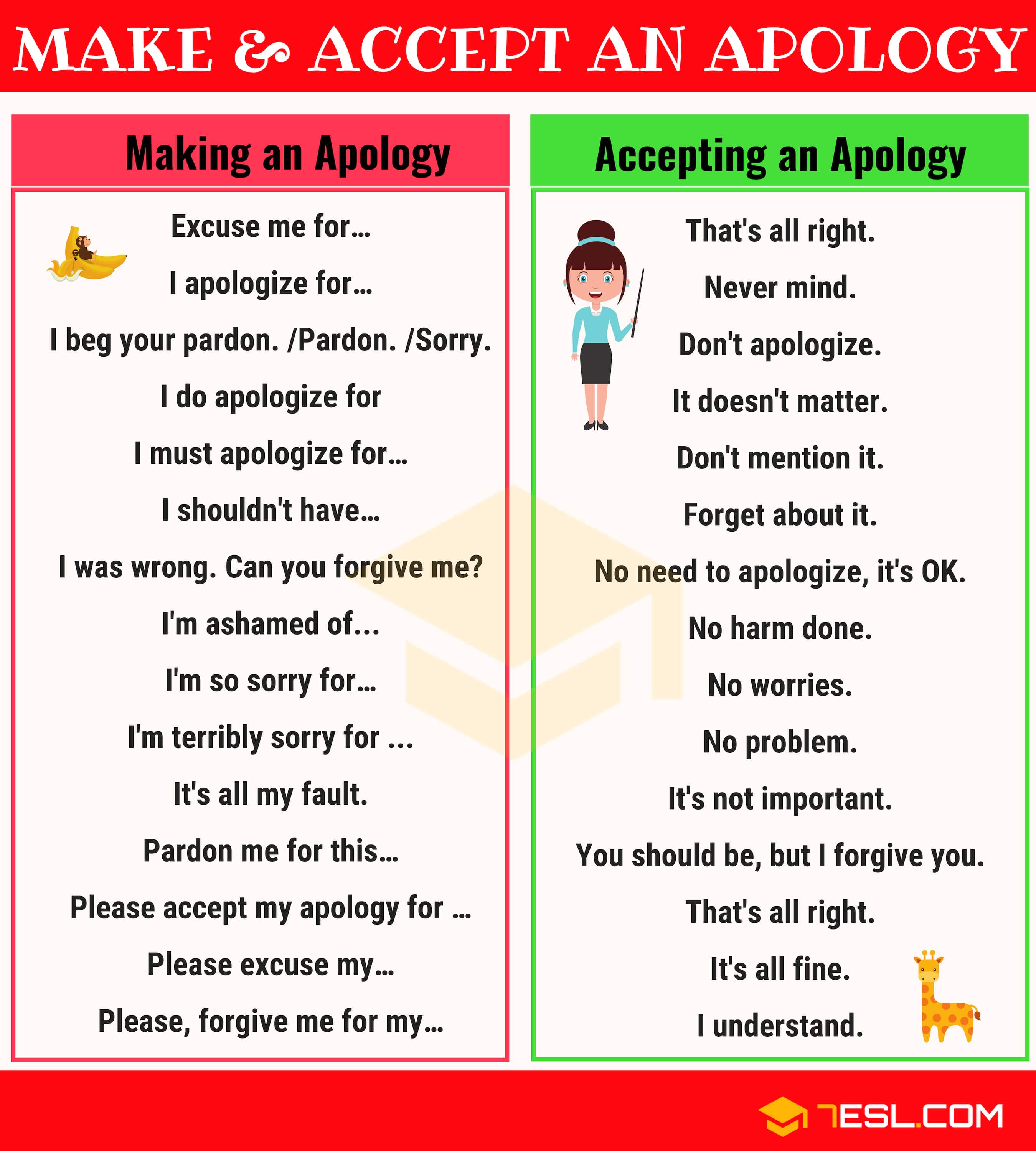
In an increasingly polarized world, navigating interpersonal relationships and professional settings requires more than just adhering to personal convictions. Sometimes, even when convinced of one's own rectitude, offering an apology can be the key to de-escalating conflict, preserving harmony, and fostering collaboration.
The act of apologizing without admitting wrongdoing, often termed a "strategic apology," isn't about conceding defeat or acknowledging fault. Instead, it's a carefully crafted statement acknowledging the other person's feelings and expressing regret for the situation's negative impact. This approach aims to validate their experience without necessarily validating their interpretation of events, a critical distinction explored in detail below.
Understanding the Strategic Apology
A strategic apology focuses on expressing empathy and understanding without accepting blame. It's about recognizing the emotional distress caused by a situation, regardless of who is at fault. This technique is particularly useful in situations where legal liability is a concern or where acknowledging fault would open the door to further conflict.
Psychologists emphasize the importance of acknowledging emotions in conflict resolution. According to Dr. Harriet Lerner, author of "The Dance of Anger," validating another person's feelings, even when you disagree with their perspective, can be incredibly powerful in diffusing tension.
Key Elements of a Strategic Apology
A successful strategic apology usually incorporates these key elements:
Expressing Regret: Use phrases like "I'm sorry that happened" or "I regret that you're feeling this way." These statements acknowledge the negative impact without explicitly admitting fault.
Empathy and Validation: Show understanding of the other person's perspective. For example, "I can understand why you might be upset" or "It sounds like that was a frustrating experience."
Focus on the Impact: Address the consequences of the situation, not the intention behind it. "I'm sorry that my actions had this effect" is more effective than arguing about your motives.
Avoid Defensiveness: Resist the urge to explain or justify your actions. Keep the focus on the other person's experience.
Examples in Practice
Consider a scenario where a project deadline was missed, but due to factors beyond your control. You might say: "I'm sorry that the deadline was missed and that it caused you frustration. I understand how important it was to get this completed on time." This acknowledges the impact without taking personal responsibility for the uncontrollable circumstances.
Another example could be a misunderstanding in communication. "I'm sorry that my message wasn't clear and that it led to confusion. I realize that this caused some extra work for you." This type of apology addresses the result of the unclear message without directly admitting fault.
In a customer service setting, a strategic apology can be vital. If a customer is unhappy with a product, even if it functions as intended, an employee might say: "I'm so sorry you're not satisfied with the product. I understand that it didn't meet your expectations, and I'd like to see what we can do to improve your experience."
Potential Pitfalls
While strategic apologies can be effective, they must be delivered authentically. Sarcasm or insincerity will undermine the entire effort and can worsen the situation. It's crucial to deliver the apology with genuine empathy and a sincere desire to resolve the conflict.
Overuse of strategic apologies can also erode trust. If you never admit wrongdoing, even when appropriate, people may perceive you as insincere or manipulative. A balance between taking responsibility and using strategic apologies is key to maintaining healthy relationships.
Ethical considerations are paramount. Dr. Stephen Covey, author of "The 7 Habits of Highly Effective People," emphasized the importance of integrity and genuine communication. A strategic apology shouldn't be used to deceive or manipulate, but rather to bridge divides and find common ground.
The Future of Conflict Resolution
As workplaces and societies become increasingly diverse and interconnected, the ability to navigate conflict constructively will become even more crucial. The strategic apology, when used ethically and skillfully, can be a valuable tool in this process.
Training programs in conflict resolution are increasingly incorporating techniques for delivering effective apologies, including strategic apologies. By understanding the nuances of communication and emotional intelligence, individuals can build stronger relationships and create more harmonious environments.
Ultimately, the goal is to move beyond blame and focus on solutions. A strategic apology can be a powerful step in that direction, fostering understanding and creating a pathway toward resolution, even when you believe you're not in the wrong.
